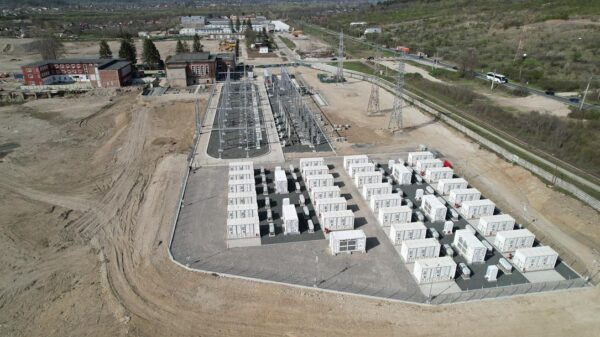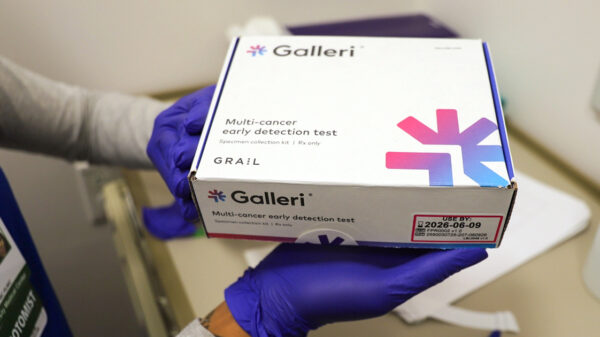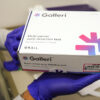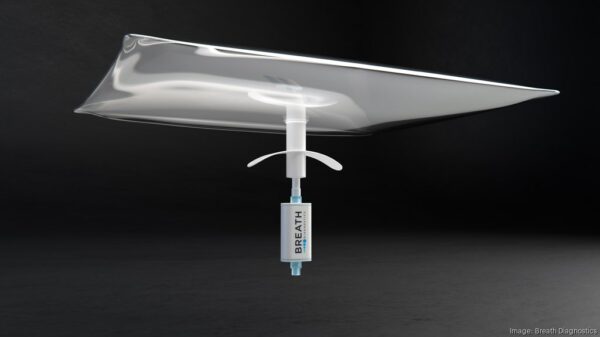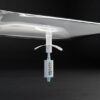A group of South Korean researchers have teamed up to develop new lung cancer drugs with the power of AI.
Their initiative is being led by Seoul’s J INTS BIO, a company focused on finding new treatments for non-small cell lung cancer (NSCLC) and glioblastoma (brain cancer).
“Using AI and national supercomputing infrastructure, the project aims to enhance drug efficacy prediction and minimize toxicity, addressing the critical challenges that plague conventional oncology drug development,” J INTS BIO specified in press release on Nov. 5.
In addition to J INTS BIO, the consortium is comprised of the Korea Advanced Institute of Science and Technology, Daegu Gyeongbuk Institute of Science and Technology and Korea Research Institute of Chemical Technology. Also, Yonsei University College of Medicine’s DAAN Cancer Research Institute.
The first two phases will involve lung cancer tissue collection from multiple subjects and protein analysis powered by AI supercomputer programs. This will be followed by synthesizing drug candidates and examining them in extensive clinical trials.
Results from their “AI-Supercomputing-Based Personalized Lung Cancer Therapy” study will be released at an unspecified “major” international conference in mid-2025. The research collaboration has received support from South Korea’s government.
“The integration of AI and biotech is crucial for elevating South Korea’s global competitiveness in the bio-industry,” South Korean National Assembly Member, Seong Hoon Park, said. Park added that the nation’s government would continue to provide unwavering support for their research.

The consortium. Photo credit: J INTS BIO
Read more: Breath Diagnostics onboards new president and closes critical financing
Read more: Breath Diagnostics pioneers novel lung cancer breath test
South Korea’s lung cancer survival rate improves
The five-year survival rate in the Asian nation increased from about 11 per cent in the 1990s to around 30 per cent in the latter half of the 2010s. Better screening rates, a reduced number of smokers and treatment advancements are responsible.
As AI technologies rapidly progress, this number will likely increase even more.
One notable South Korean cancer treatment company, Lunit Inc (KOSDAQ: 328130), just announced a partnership with AstraZeneca plc (NASDAQ: AZN) for AI software development.
Together, they will advance the “Lunit SCOPE Genotype Predictor” — an AI screening tool used to identify mutations in NSCLC. This informs healthcare providers with custom-tailored treatment options on a case-by-case basis.
Certain mutations are best targeted by particular drugs while others require different considerations.
“The integration of Lunit SCOPE Genotype Predictor as a screening test into pathology workflows promises to improve the opportunity for patients to benefit from appropriate targeted therapy,” Lunit chief executive, Brandon Suh, said in a statement on Monday.
“Ultimately improving patient outcomes and streamlining the treatment planning process.”
rowan@mugglehead.com







